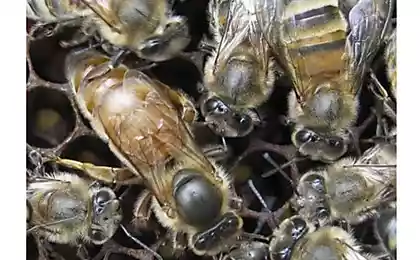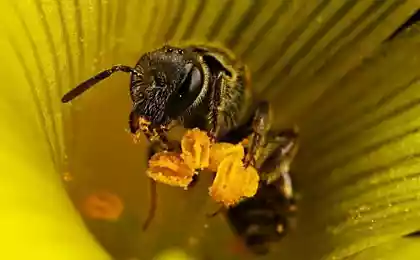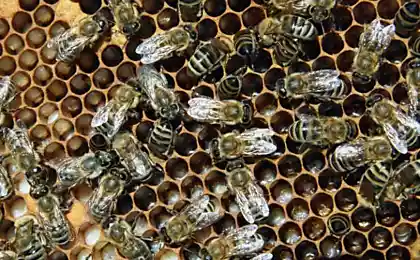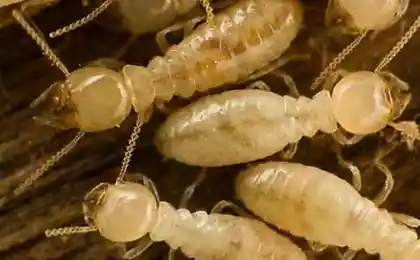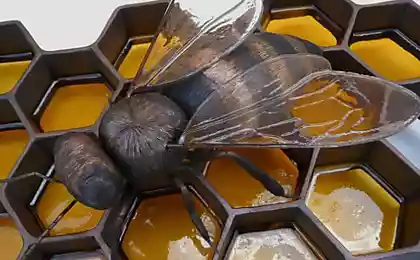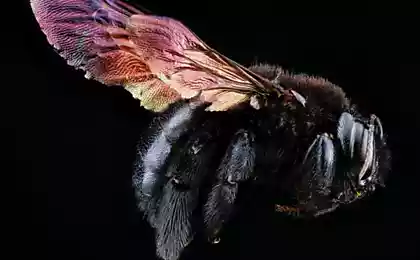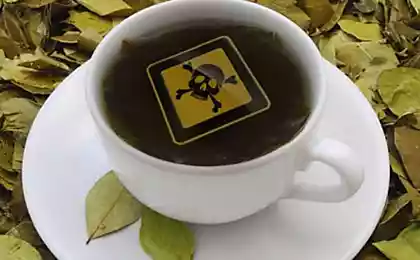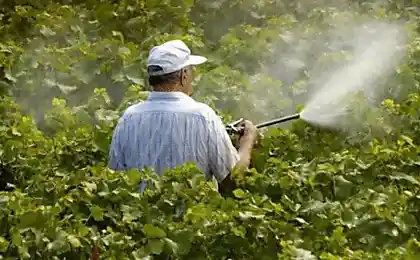446
DowAgro Sciences expands the use of highly toxic pesticide
EPA approved the highly toxic pesticide for bees a year ago, now DowAgro Sciences want to expand its use throughout the United States.
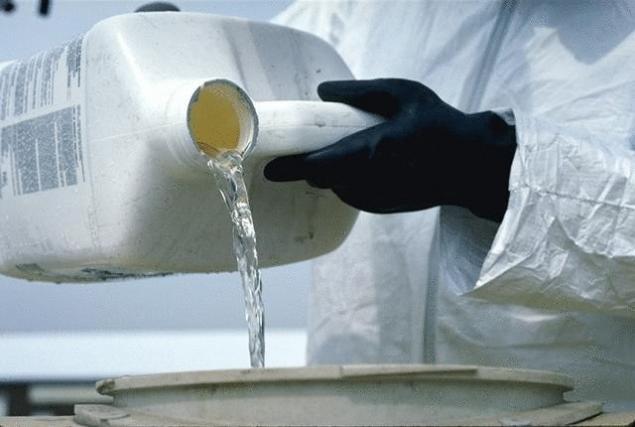
Less than a year ago, the industry of the "National Bee" (National Beekeeping) filed a lawsuit against the EPA because it approved a pesticide which is found very toxic to pollinators. And now its developers, "DowAgro Sciences", was asked to expand the use of Sulfoxaflor on the busier areas of stay bees. Destroying bees chemical weapons were originally approved for agricultural crops such as cotton, various vegetables, and many fruit and nut trees, but the EPA is considering a proposal that would allow spraying the chemical on corn, the largest crops - alfalfa and clover, both of these plants are the main diet of the bees.
"Bees have a lot of sources that cause fear, and now, through this dangerous chemical substances, they will have another," says Greg Lowry( Greg Loarie), advocate of the personnel the "Land of Justice" ("Earth Justice"). "The EPA's work involves the prevention of adverse effects on the environment, but they are not doing their job."
The mysterious disappearance of the bee population in the world was a major environmental problem the last few years. Most of the products available to the people and agricultural animals depends on bee pollination, so shrinking the hives can signal future shortages in combination with rising prices, a problem that is already paranoid fear.
Scientists believe neonicotinoid (chemicals like nicotine, which is deadly to insects) can be the main reason, and Sulfoxaflor is a sub-class. Last week, Harvard researchers confirmed a direct relationship between the use of neonicotinoids - the most popular form of the drug and collapse of bee colonies the equivalent of the black plague. For this reason, the EU actually banned the use of such chemicals in the past year, while the United States continues to spray them from coast to coast.To date, nearly a third of all bee colonies in the country disappeared, this figure is equivalent to 10 million beehives, worth $2 billion.
Source: eco-portal.kz

Less than a year ago, the industry of the "National Bee" (National Beekeeping) filed a lawsuit against the EPA because it approved a pesticide which is found very toxic to pollinators. And now its developers, "DowAgro Sciences", was asked to expand the use of Sulfoxaflor on the busier areas of stay bees. Destroying bees chemical weapons were originally approved for agricultural crops such as cotton, various vegetables, and many fruit and nut trees, but the EPA is considering a proposal that would allow spraying the chemical on corn, the largest crops - alfalfa and clover, both of these plants are the main diet of the bees.
"Bees have a lot of sources that cause fear, and now, through this dangerous chemical substances, they will have another," says Greg Lowry( Greg Loarie), advocate of the personnel the "Land of Justice" ("Earth Justice"). "The EPA's work involves the prevention of adverse effects on the environment, but they are not doing their job."
The mysterious disappearance of the bee population in the world was a major environmental problem the last few years. Most of the products available to the people and agricultural animals depends on bee pollination, so shrinking the hives can signal future shortages in combination with rising prices, a problem that is already paranoid fear.
Scientists believe neonicotinoid (chemicals like nicotine, which is deadly to insects) can be the main reason, and Sulfoxaflor is a sub-class. Last week, Harvard researchers confirmed a direct relationship between the use of neonicotinoids - the most popular form of the drug and collapse of bee colonies the equivalent of the black plague. For this reason, the EU actually banned the use of such chemicals in the past year, while the United States continues to spray them from coast to coast.To date, nearly a third of all bee colonies in the country disappeared, this figure is equivalent to 10 million beehives, worth $2 billion.
Source: eco-portal.kz
